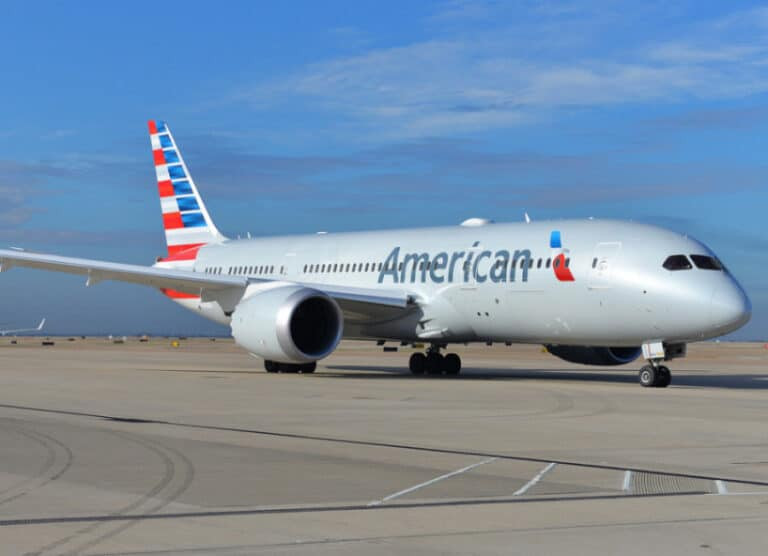American Airlines Cargo has continued to invest in its global network in support of the increasing demand for both pharmaceutical and perishable goods across the world.
The carrier has made facility improvements at San Juan in Peurto Rico and Dallas/Fort Worth (US), which it says see some of the highest demand for time and temperature-sensitive goods.
From fresh fruit and meat to potentially life-saving medications, the safe and timely transport of pharmaceutical and perishable cargo remains a top priority for American’s cargo operation.
As demand for these goods continues to grow worldwide, investing in and improving on current infrastructures will also continue, the airline says.
This year, American’s Dallas/Forth Worth operation will focus on increasing the amount of perishables transiting into and through the hub.
An important gateway for cargo transiting from Latin America to European and Asian destinations, Dallas/Forth Worth moves a variety of perishable commodities, including produce most frequently, asparagus and berries, Chilean salmon and fresh cut flowers.
This new drive-through perishable facility is almost 4,000 square feet, which is an addition to the current 1,800 square foot perishable and 800 square foot pharmaceutical coolers at the Dallas/Forth Worth hub.
In response to the increasing demand for pharmaceutical goods in the Latin America region, American has also invested in the expansion of its cold-chain network with a new 600-square-foot space in San Jose – bringing total cooler space to 1,000 square feet.
This facility will now operate two separate, interchangeable units capable of housing temperature-sensitive products from 15 to 25 degrees Celsius or 2 to 8 degrees Celsius.
American Airlines is the only carrier at San Jose with both refrigerated storage and Controlled Room Temperature (CRT) spaces dedicated to pharmaceutical goods.
On average, the pharmaceutical market is growing at a rate of 6.5 per cent annually, leading to the corresponding need for pharmaceutical logistics and regulations. The most common commodities that move into and out of San Juan include over-the-counter and prescription medicines, as well as Active Pharmaceutical Ingredients (API), used for the manufacturing of medications.
American senior account manager for cargo sales in the Caribbean, Mexico & Latin America, Russell Santiago says: “Having the ability to temporarily store pharmaceuticals in a dedicated location will allow us to offer customers increased opportunities into and through San Juan.
“Over the last couple years, we’ve seen an increase in cold-chain traffic into our station, which is consistent with growing market trends and an important sector in the air freight industry.”
In celebration of the cooler and cold-chain facility openings in San Juan (10 March) and Dallas (15 March 15), American’s team will host separate events, including respective ribbon cutting ceremonies and guided facility tours.



